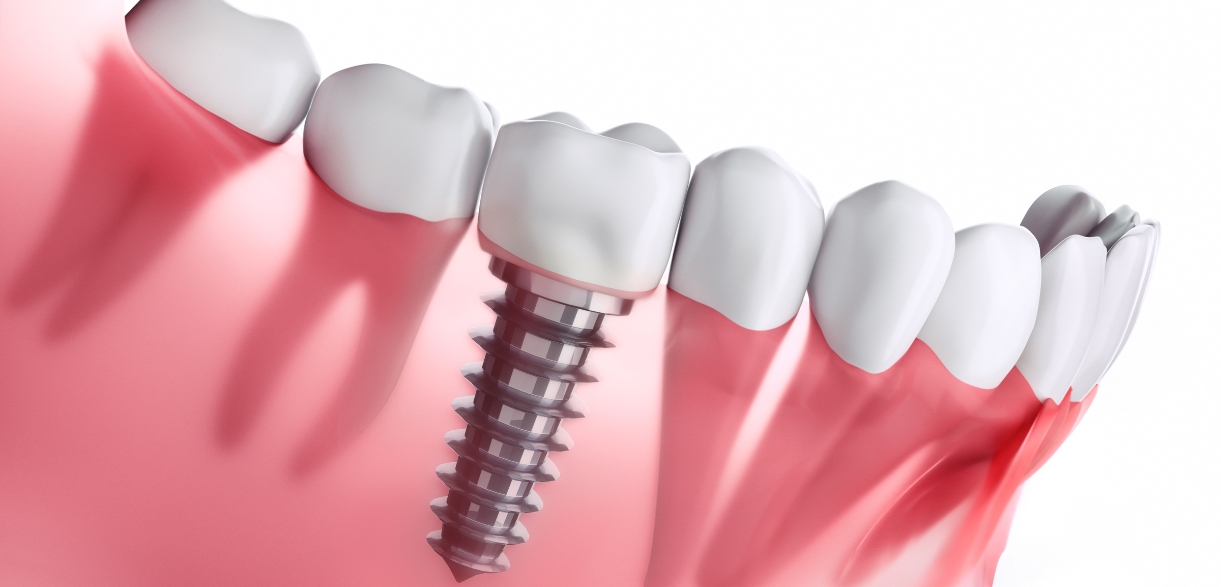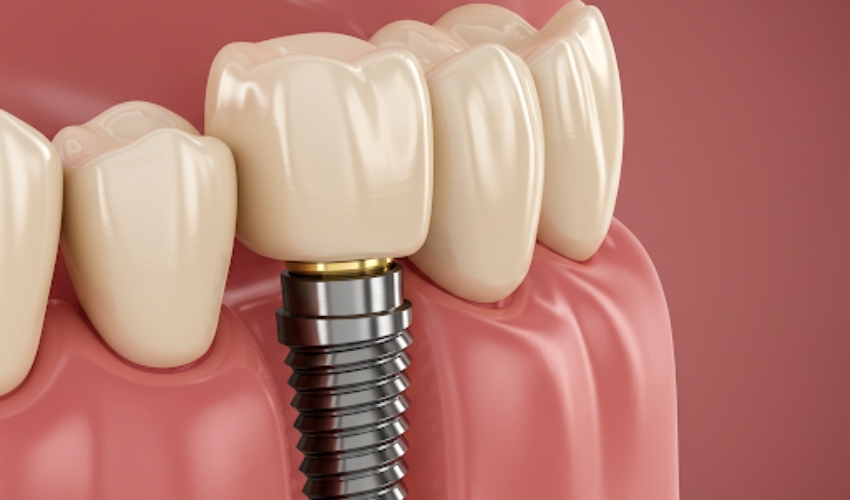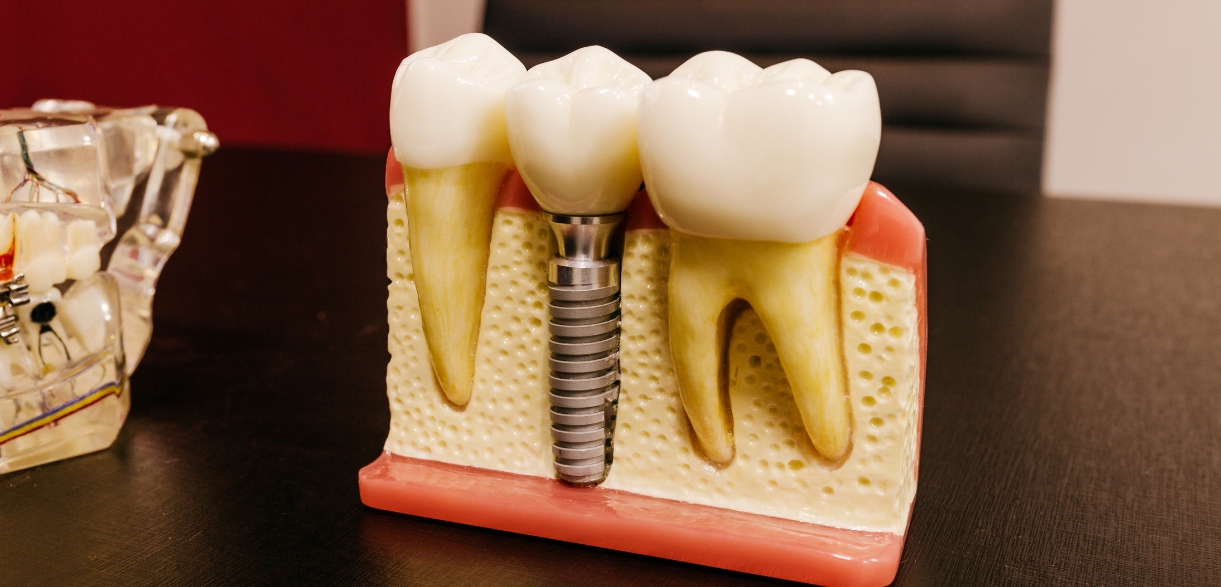Brentwood: (615) 235-1966

What is the Best Age For Dental Implants?
Brentwood, TN

Choosing dental implants can be a life-changing decision for your smile and overall oral health. However, determining the best age for dental implants is crucial. It can feel overwhelming with so much information available, but the key is to find the right timing based on individual circumstances.
What Are Dental Implants?
Dental implants are the replacement of a missing tooth root. They are surgically implanted to help your mouth function naturally and not hinder your regular activities involving teeth. The advantages are numerous:
- Natural Appearance: You cannot distinguish implants from real ones.
- Durability: Dental implants can last a lifetime.
- Bone Health: Implants help maintain jawbone density, preventing bone loss after tooth loss.
How Does Age Influence Dental Implants?
Age plays a significant role in the success and longevity of dental implants. Here’s a closer look at various age groups and their suitability for this procedure:
Young Adults (18-30 Years)
For young adults, the age for dental implants can be tricky. The jawbone must be fully developed, typically around 18 years of age. Factors to consider include:
- Jawbone Maturity: Placing implants too early can lead to complications if the jaw hasn’t fully matured.
- Orthodontics: If a patient has braces or other orthodontic work, delaying the implant procedure until after treatment is wise.
If you’re a young adult considering implants, consult your dentist to assess your jaw’s development and ensure it’s the right time for you.
Adults (30-50 Years)
This age range is often ideal for dental implants. Individuals in their 30s to 50s usually have fully developed jawbones, making the process smoother. Benefits include:
- Established Oral Health: By this age, many have experienced dental issues that make implants necessary.
- Stable Bone Density: Adults often have sufficient bone density to support implants without additional procedures.
It’s crucial to maintain good oral hygiene and regular dental check-ups to ensure eligibility for implants.
Older Adults (50+ Years)
Older adults can still be excellent candidates for dental implants. Here are some considerations:
- Overall Health: Chronic conditions (like diabetes or heart disease) may affect eligibility. A thorough health evaluation is necessary.
- Bone Density: If there’s significant bone loss, procedures like bone grafting may be required before implant placement.
Many older adults enjoy the benefits of implants, enhancing their quality of life and confidence.
Factors Influencing Success Beyond Age
While age is a critical factor, several other elements contribute to the success of dental implants:
- Oral Health: Gum disease or infections must be treated beforehand.
- Lifestyle Choices: Quitting smoking before and after the procedure enhances success rates.
- Diet: A balanced diet supports healing. Ensure you get enough nutrients, especially calcium and vitamin D.
- Bone Density: Sufficient bone density is crucial for successful implant placement. If bone loss has occurred, your dentist may recommend treatments to restore it.
The Implant Process
Understanding the implant process can help ease any anxiety about the procedure. Here’s a simplified breakdown:
1. Consultation: Discuss your medical history and goals with your dentist. This meeting helps determine if you’re a good candidate.
2. Imaging: X-rays and 3D images help assess the jawbone and plan the implant placement.
3. Placement: The dentist surgically inserts the titanium post into the jawbone. Afterward, there is a healing period of several months.
4. Abutment Placement: Once healed, an abutment connects the implant to the new tooth.
5. Crown Placement: Finally, a custom-made crown is placed on the abutment, completing the process.
Pros and Cons of Dental Implants
Like any procedure, dental implants have their advantages and disadvantages. Here’s a quick comparison:
Pros:
- Longevity: Implants can last many years, often a lifetime, with proper care.
- Functionality: They restore full chewing function.
- Aesthetic Appeal: They look and feel like natural teeth.
Cons:
- Time Commitment: The process can take several months.
- Surgical Procedure: It requires surgery, which carries some risks.
- Cost: Implants can be more expensive than other tooth replacement options.
Making the Decision
Deciding on dental implants is personal and should be made in consultation with your dentist. Here are some questions to consider:
- What are your goals for your dental health?
- Are you prepared for the commitment required?
- Have you assessed your overall health and lifestyle choices?
The best age for dental implants varies based on individual circumstances, health, and jaw development. If you’re considering implants, don’t hesitate to contact your dentist. They can help guide you through the process and determine the right timing for your unique situation.
Investing in your smile is investing in your confidence and quality of life. So, whether you’re in your twenties or enjoying your golden years, know that it’s never too late to explore the possibilities of dental implants. Contact your local dentist to discuss this!





